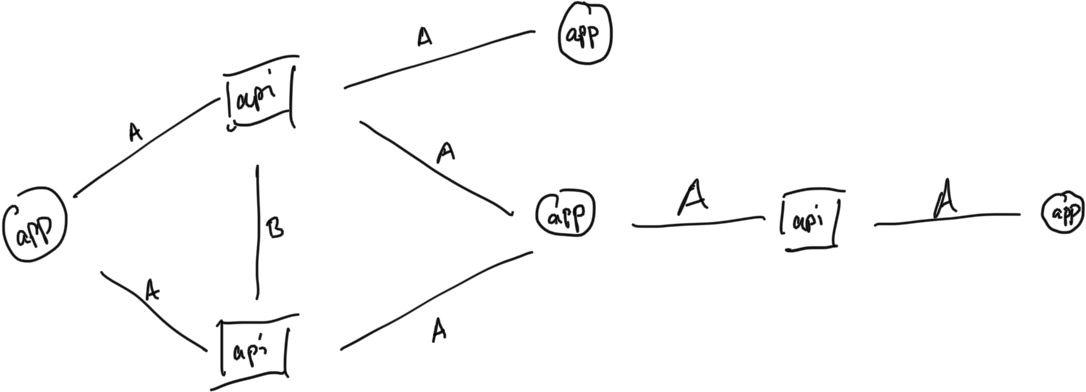
Creating Graphs from Code; What is Malware?
Topics
This week’s assignments will guide you through the following topics:
- Think about what Malware is, and how you identify it in source code.
- Build a data processing pipeline to extract features from smali.
Reading
Please read the following:
- Read the HinDroid paper through section 3.1 (feature extraction). Read this thoroughly!
- For more information on the structure of APKs and Android Bytecode (e.g. Smali), read section II of this paper.
Tasks
Note: These tasks will be difficult, and potential take awhile to compute, so start early!
Complete the following tasks:
- Write parsing code for the test files in
/teams/DSC180A_FA20_A00/a04malware/test-appson the server. Your code should extract all the information needed to create the matricesA,B,P,Iin the Hindroid paper and put that information in a csv file. My suggestion would be to have each observation in the csv correspond to an api call found in one of the classes/files. How exactly you organize it is up to you, though! - Calculate the distribution/counts of APIs, packages,
package-families (
L<family>/), and invoke-types in each app. How many distinct shared apis do each pair of apps have? distinct packages? - Build the adjacency matrix A for the given test apps.
Weekly Questions
Answer the following questions on Canvas:
- How many distinct APIs occur in the Instagram App?
- What are the dimensions of A for the test apps?
- For each adjacency matrix A, B, P, interpret in plain english how two elements connected by an edge should be considered similar. How will these similarities help us identify malware?